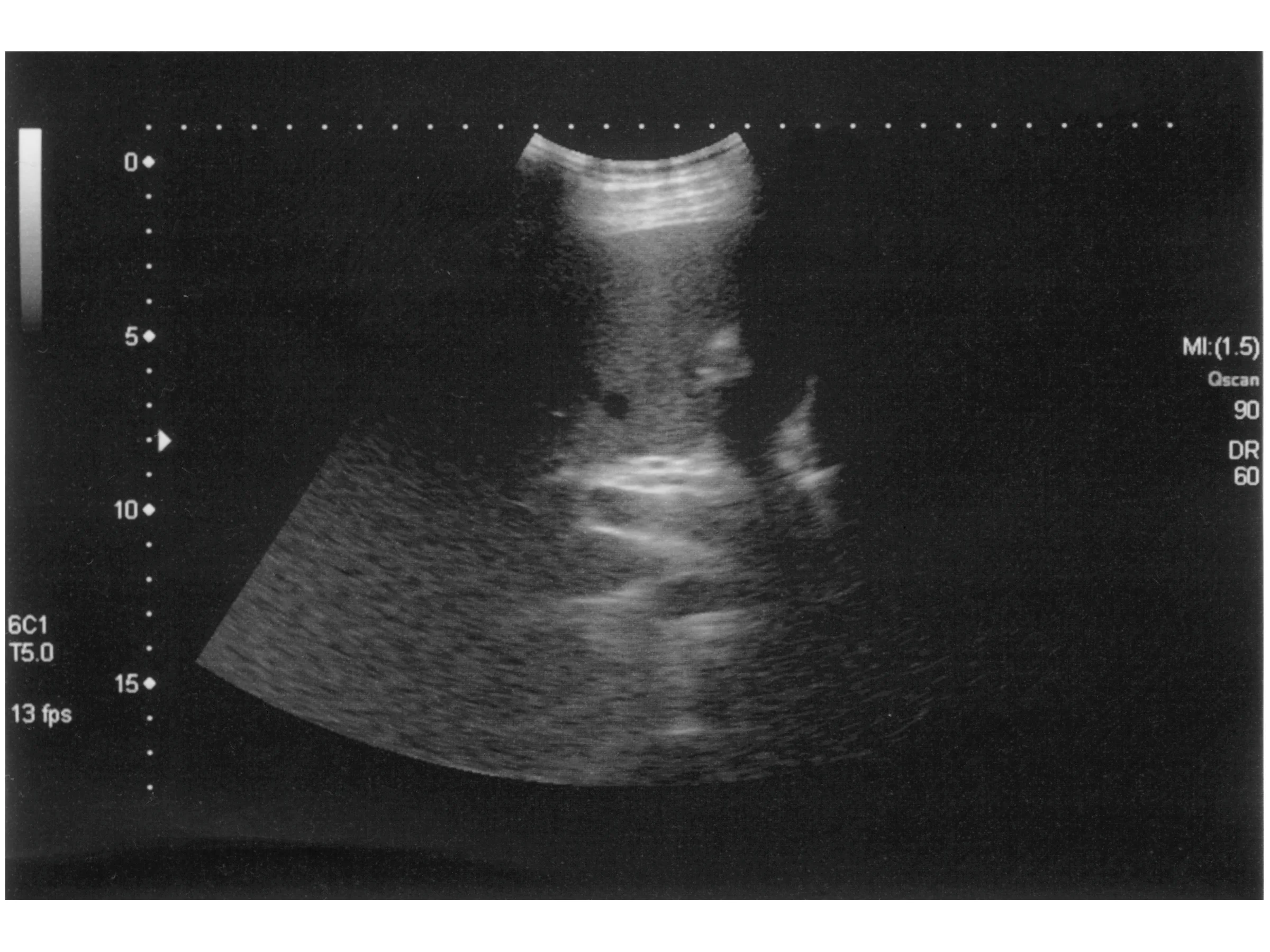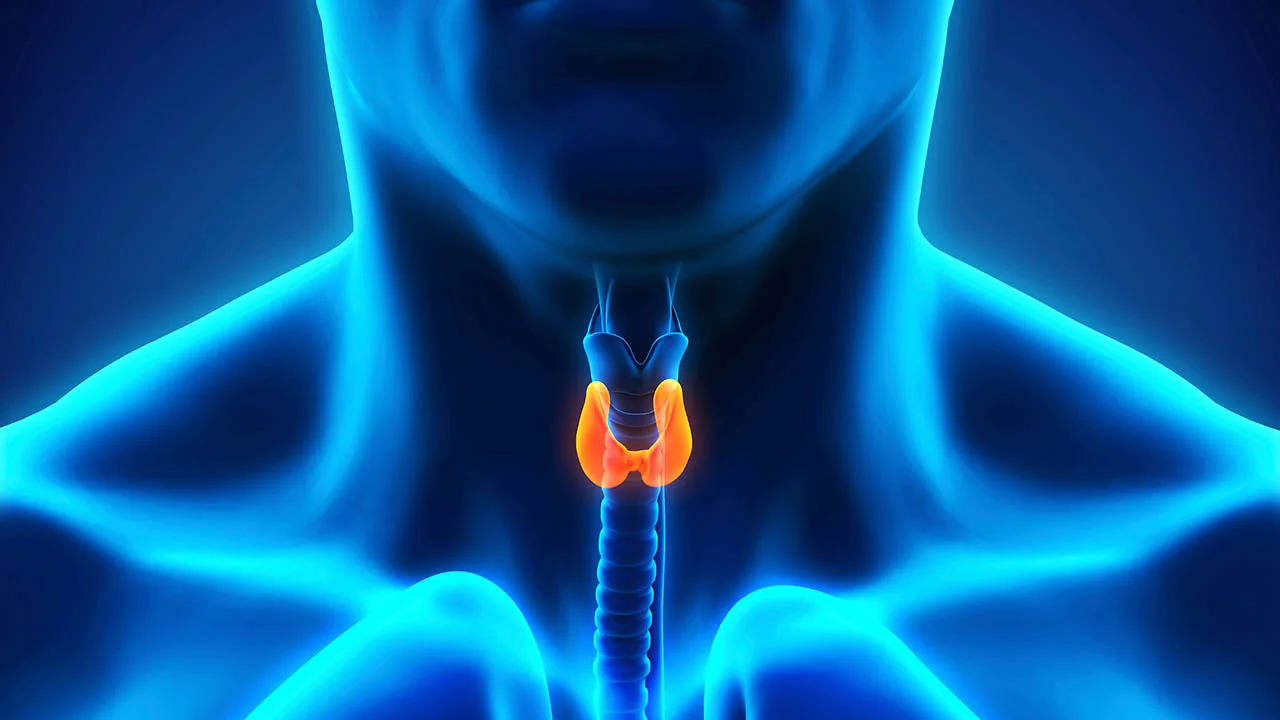The scoop on gallstones and how to prevent them
/More than 25 million Americans have gallstones but only about 1-3% of the population will have symptoms over the course of a year.
Read MoreValley Fever: The Fungus Among Us
/Valley fever, also called coccidioidomycosis, is an infection caused by the fungus Coccidioides, and its symptoms are almost identical to those of influenza.
Read MoreSchizophrenia: Not What You May Think
/Contrary to popular film and TV storylines, and popular beliefs, schizophrenia is not a “split personality” disorder.
Read MoreSigns Your Thyroid Isn't Working Right
/Here we want to review sign and symptoms which may require you to have your thyroid checked!
Read MoreSolving the “Alcohol Harm Paradox”
/Alcohol is responsible for 5.1 % of the global burden of disease and injury (disability adjusted life years) and 3.3 million deaths worldwide.
Read MoreHow to know if your liver is healthy
/There are signs and symptoms you can look out for that are indicators of an unhealthy liver.
Read MoreHow to avoid dry skin in the winter
/how can you best take care of your skin, and avoid the winter’s harsh effects? Here are some tips to help keep your skin hydrated during the winter months:
Read MoreWhat you need to know about dehydration
/Dehydration is a condition that occurs when the body loses more fluids (mostly water) that it takes in. Dehydration causes more water to leave our bodies than we take in through water consumption. It is normal for us as humans to excrete a certain amount of water each day. Water escapes from the body as water vapor every day as we breathe (exhale) and as we excrete fluids through sweat, urine, and stool. Other than water, small amounts of salts are also excreted. However, when we lose too much water, our bodies can become dehydrated. This can lead to certain health problems and in severe cases, can lead to death.
Causes of dehydration
· Significant injuries to skin, such as burns or mouth sores, or severe skin diseases or infections (water is lost through the damaged skin)
· Diseases such as diabetes
· Fever, heat exposure, and too much exercise
· Vomiting, diarrhea, and increased urination due to infection
· The inability to seek appropriate water and food (as in the case of a disabled person)
· An impaired ability to drink (for instance, someone in a coma or on a respirator)
Symptoms of dehydration. The signs and symptoms of dehydration range from minor to severe and include:
· Increased thirst
· Confusion
· Dizziness
· Fainting
· Dry mouth and swollen tongue
· Weakness
· Palpitations
· Sluggishness fainting
· Inability to sweat
· Decreased urine output
· Deep yellow or amber colored urine
See your doctor if you experience any of the following symptoms:
· Increased or constant vomitingfor more than a day
· Fever over 101°F
· Diarrheafor more than 2 days
· Weight loss
· Decreased urine production
· Confusion
· Weakness
Self-treatment for dehydration
· Sip small amounts of water
· Drink carbohydrate/electrolyte-containing drinks. (i.e. sports drinks such as Gatorade)
· Suck on ice chips or popsicles made from juices and sports drinks
· Get out of the sun and get into air conditioned or fanned environment
How to get better skin now
/Everyone wants great looking, healthy skin. This comes from treating your body and your skin better. Below are some tips for getting the healthy skin every day. If you have major concerns, or seem to have a skin condition that is not going away, make an appointment with your dermatologist.
Read MoreAre you suffering from seasonal depression
/Seasonal depression is also known as seasonal affective disorder, or SAD. This typically happens during the winter when we are locked in our homes for a few days. With seasonal depression syndrome, people start feeling a sense of being confined to their homes, with no sun exposure due to the cold cloudy days. It is a form of depression that is associated with the change in seasons and occurs at the same time every year.
Read MoreWhat to do if you get a concussion
/Concussions or mild traumatic brain injuries (MTBI) are the most common type of traumatic brain injury (TBI). On average 1.7 million people sustain a TBI annually
Read MoreBe PROACTIVE to prevent prediabetes
/Prediabetes is a condition in which the blood glucose levels are higher than normal but not high enough to be classified as type 2 diabetes. It’s estimated 79 million Americans have prediabetes and it is often underdiagnosed and undertreated. If it is not diagnosed it most likely will go on to develop into type 2 diabetes. Currently, about half of all American adults have prediabetes or type 2 diabetes.
Read More















































































